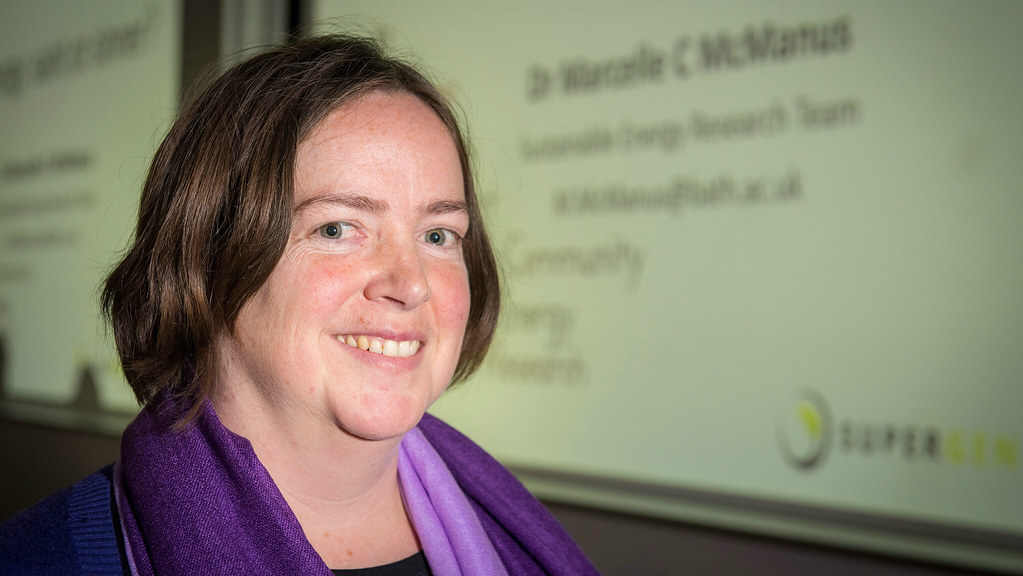The hub, which spans six research institutions and involves ten industrial partners, will investigate the efficiency and whole-life impact of a variety of bioenergy techniques and accelerate the deployment of sustainable bioenergy.
The new SUPERGEN Bioenergy Hub is funded by a £3.5m grant from the Engineering and Physical Sciences Research Council (EPSRC) as part of the RCUK Energy programme. The hub will start work on August 1 and be directed by Dr Patricia Thornley of the Tyndall Centre for Climate Change Research at The University of Manchester.
Initially the hub will address 10 research projects ranging from turning biomass into transport fuels to capturing carbon dioxide from burning biomass feedstocks.
Minister for Universities and Science David Willetts said: “Research and innovation play a vital role in our transition to a low carbon economy. The SUPERGEN BioEnergy Hub will bring together leading academic and industrial partners to look at this pressing challenge and develop practical solutions for a greener future.”
Dr Patricia Thornley said: “The SUPERGEN Bioenergy Hub is going to really drill into a whole host of bioenergy prospects. It is not just going to look at what will work practically, in terms of generating power, but also the impact of such technologies. This is vitally important; we have to look at the sustainability of these new avenues.”
Research at Bath will be led by Dr Marcelle McManus from the Department of Mechanical Engineering. Marcelle will be leading two research projects through the hub and measuring their impact through the use of Life Cycle Assessment.
Marcelle said: “There is significant interest in substituting natural gas in the national network with bio-derived gas. This is already being trialled via anaerobic digestion routes, which can produce a close match to the natural gas composition, but generally uses feedstocks such as slurry.
“Our first project will look at alternative routes to producing a natural gas substitute from other feedstocks, including wood, and establish if the environmental and economic balances are worth pursuing when the whole life-cycle is taken into account.”
In a second project, Marcelle will be exploring the physical characteristics of biomass. “There is increasing interest in heating or torrefying biomass to improve its physical characteristics during handling. Work will be carried out to assess the economic and environmental benefits of this to support decision-making in supply chains,” she said.
Projects lead by other member institutions of the hub will include two that will focus on reducing emissions from biomass combustion, and one that will involve practical measurement work on real boilers, trying to identify cost effective methods of reducing particulates and other atmospheric pollutants at small scale. Additionally, a fundamental scientific study will focus on identifying key markers for emissions from fuel analyses.
Professor David Delpy, EPSRC’s Chief Executive, said: “The scientific research carried out through the SUPERGEN Bioenergy Hub can help us discover new and better ways of making fuels, generating power, managing carbon emissions and create economic opportunities for the UK.
“The Hub will act as a focal point, bringing industry, academia and other stakeholders together to focus on the challenges associated with bioenergy and its role in meeting environmental targets.”

